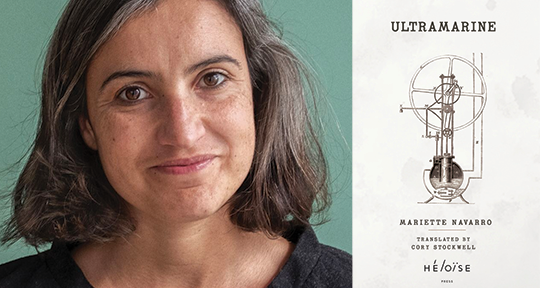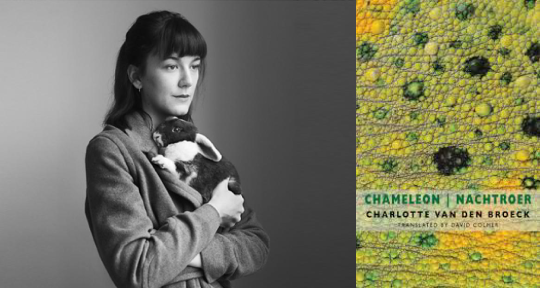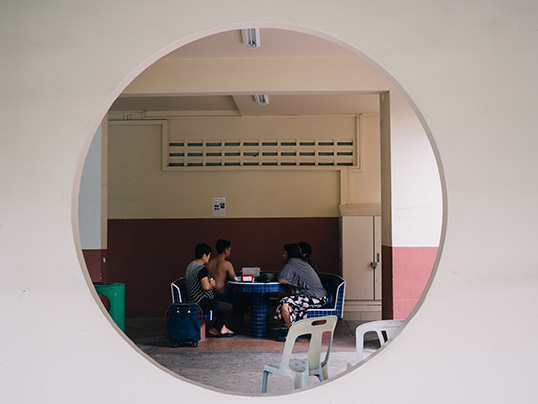Ultramarine, by Mariette Navarro, translated from the French by Cory Stockwell, Héloïse Press, 2023
“There are the living, the dead, and the sailors.”
From the very first words of her short, poetic novel Ultramarine, Mariette Navarro restructures our expectations. We are entering another place where the rules of existence have changed. By challenging one of the most ingrained dichotomies of perception that we have—a person is alive or a person is dead—she begins to weave the shroud of mystery that is cast over the entirety of Ultramarine. The introduction of the sailor sketches out a third liminal space between our assumptions, destabilizing us and setting a tone of wonder and dread that will carry throughout the text. What could it possibly mean to be a sailor?
Our main character is an unnamed female captain of a cargo ship crossing the Atlantic, her life fractured into two pieces. In one part, she lives on solid land, waiting uneasily for the moment when she will be reunited with crew and ship. The second part of her life is spent traversing the water, navigating the places between chunks of earth. Strict adherence to protocol has brought her success in a male-dominated career. She now manages a crew of twenty men and the portable world of her metal ship.
Then, one day, she briefly abandons her own protocol. The crew asks her to stop the ship for a few moments in the middle of the crossing so that they can swim naked in the deepest blue of the ocean. She doesn’t know why she agrees, but she agrees, and this one strange acquiescence sets off a chain of inexplicable events.




